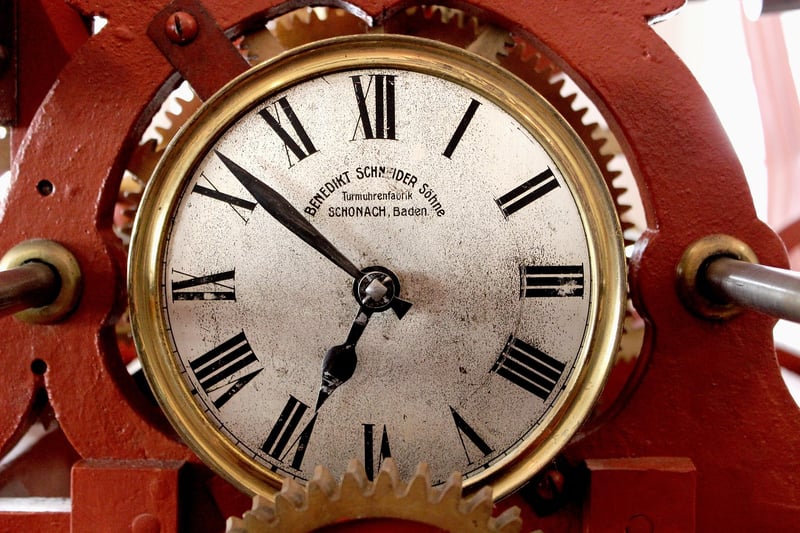Grandfather Paradox
Unraveling Time Conundrums: The Grandfather Paradox
Time travel has been a captivating concept in science fiction for decades, sparking numerous discussions and debates about its implications. One of the most intriguing paradoxes that arise from the idea of time travel is the Grandfather Paradox.
What is the Grandfather Paradox?
The Grandfather Paradox is a hypothetical situation in which a time traveler goes back in time and prevents their grandfather from meeting their grandmother, thus preventing the time traveler's own birth. This paradox raises questions about causality and the possibility of changing the past.
Exploring the Conundrum
Many theories have been proposed to address the Grandfather Paradox, including the idea of parallel universes or the concept of a self-healing timeline. Some believe that any action taken in the past would simply create a new timeline or reality, separate from the original one.
Implications and Controversies
The Grandfather Paradox challenges our understanding of time and the nature of reality. It raises philosophical questions about free will, determinism, and the concept of a fixed timeline. The debate surrounding this paradox continues to fascinate scientists, philosophers, and writers alike.
Conclusion
While the Grandfather Paradox may never be definitively resolved, it serves as a thought-provoking thought experiment that pushes the boundaries of our understanding of time and causality.

For more intriguing insights into time travel and paradoxes, check out Space.com's article on time travel.
